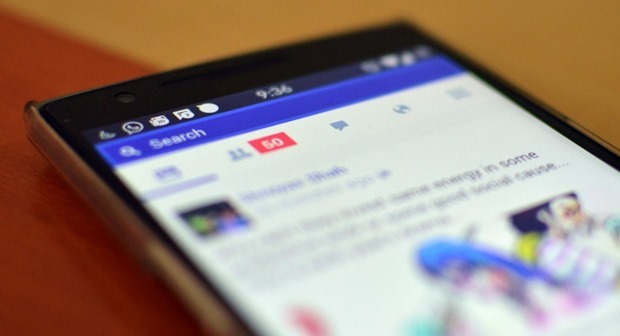Govt. May Bring In Laws To Block Sensitive Social Media Posts; Plans Meeting With Facebook, Twitter & Google Representatives

Government of India is making plans to create laws, which will curtail the right of expression of Indian citizens, on social media. In future, Govt. can ask social media companies to block sensitive posts to stop spread of rumors and hateful messages.
In fact, as per reports coming in, Govt. has asked representatives of leading social media and Internet companies like Facebook, Google, Twitter and Whatsapp to meet and discuss about it’s possible implementation.
As per officials, the meeting would be attended by Department of Electronics and IT (DeitY), home ministry and the intelligence agencies along with representatives from social media portals. The necessity of such a high level meeting to curb social media freedom was felt after the recent Dadri case wherein a person was lynched to death, based on rumors.
A senior government official said, “We will suggest that objectionable contents with hate messages, especially those having communal overtones, which vitiate the society should be removed from the social media platforms,”
During the meeting, Govt. officials will request these social media companies to cooperate with Indians Govt. in tracking, scanning, blocking sensitive posts which may ignite communal tension. In the past, we have observed that these multi-billion dollar companies refuse to entertain requests of blocking content, citing their policies and terms. In fact, as these companies are registered outside India, it become difficult for Indian Govt. to ‘enforce’ such diktats.
The meeting aims to revolve this logjam, and create a favorable environment for ensuring the blocks and bans.
Is Social Media The Real Culprit?
In the Dadri case, the rumors were first spread via loudspeakers installed in the village; and then the message was picked by extremists and then social media came into the picture.
However, social media does play a part, when it comes to spread of rumors and hate messages; which often translate into wide-spread riots and killings.
For example, in 2013 Muzaffarnagar riots in UP, most of the hatred and negative vibes were transmitted via social media channels. If the Govt. was able to block some sensitive comments and announcements in time, then the spread of violence could have been minimal.
In another case, Bangalore witnessed mass exodus of North East students and employees, when rumors started floating that they would be targeted by locals. Nothing happened, but the evil effect of social media was clearly evident.
Social media is like that fire, which can either cook your food, or burn your house; depending on its usage. We condemn all and every type of violence spread via social messages, but at the same time we stand for the right of expression and speech for all Indian citizens, as provisioned under the Indian Constitution.
We will keep you updated as more details come in.
